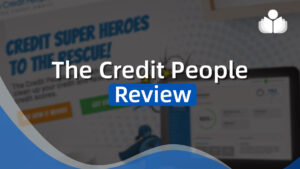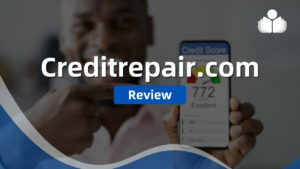We should (and usually do) work hard to make our best possible case for support to corporations … wanting them to know as much as possible about us. But an equally important issue is, “What do we know about them?”
I was recently thinking about the extent, the depth, to which we have to know our corporate donors and prospects in order to make the assessments, ratings, and evaluations that must precede our (best) requests for their money.
One thing that came to mind was the annual fund-raising conference held in our area and the notes I made each year, over several years, from attending the corporate-giving panel sessions. The conferences usually included three or four corporate contributions managers — representing large corporations and banks.
Each time, the different corporate contribution managers cited their “Top Ten” requirements/preferences for any non-profit institution to be able to attract their corporation’s attention for funding. My notes, even though they were different people, representing different corporations, indicated basically the same “Top” three things those stewards of corporate funding wanted from contribution seekers.
They said:
(1) Know Who We Are:
• Read our corporation’s Annual Report.
• Have you looked at our website?
• Do you know what we make and sell?
• Who are our customers?
• How many employees do we have?
• Where are our locations?
• Who are our Officers, and are any of them involved in your organization?
(2) Understand Our Concerns:
• What are our policies regarding endowments, capital campaigns, annual operating support,
giving to projects and services, and United Way supporting agencies?
• And if you wish to “double dip,” when it comes to obtaining our support for a specific campaign,
you should know whether we will also support a special fund-raising event or project you are
producing.
• Keeping your organizations’ solicitations organized/coordinated is supremely important to us.
Make certain that if more than one individual from your organization contacts us, that they
know what the “left and right hands are doing.”
(3) Understand Our Interests:
• Do we employ a strategic philanthropic practice, i.e., be it focus on education (what type),
health care, social services, arts & culture, etc.?
• Are any of our employees donors to your organization?
• Do we match their donations with our corporation’s funds? If so, how much?
• What is our corporate citizenship mission in your community?
• Do we want/need to be recognized publicly with our corporate sponsorships, be they local,
statewide, national, or global?
From the mouths of those stewards of their corporations’ money — while it’s obvious they want to know about our organizations — they certainly made it clear that we had better know more about them than the easily available surface information.
All of that, then, becomes the basis of the profile we develop for our best chance to be on the receiving end of the corporate money flow.
=-=-=-=-=-=-=-=-=-=-=-=-=-=
If you have a question or comment for Tony, he can be reached at [email protected]. There is also a lot of good fundraising information on his website: Raise-Funds.com
 Sections of this topic
Sections of this topic
















